10 Popular Skincare Ingredients to avoid if you are prone to Skin Irritation
When you have sensitive skin, it can be difficult to find skincare products that don’t cause irritation or disrupt your skin barrier. While there are certain ingredients that are commonly found in most skincare products, there is a selection of them that can cause allergic reactions and other painful side effects for people with sensitive skin.
Here are ten of the most common skincare ingredients to avoid if you have sensitive skin:
Fragrances and/or essential oils:
Fragrances are often one of the top sensitizers in skincare products, and they can be responsible for a wide range of reactions, such as itching, redness, and even hives. If you see the ingredient “fragrance” listed on a skincare product, it’s best to avoid using it.
For some people with sensitive skins, even essential oils can be a source of reaction. In the EU where cosmetics are strictly regulated, the ingredient list of products containing essential oils must list the potential irritants or sensitizing components of essential oils on the the labels.
While the regulations allow them to be included in small percentages in each product, the total amount of the irritant that you are exposed to increases if you happen to use multiple products containing essential oils.
Not all essential oils contain these irritants and sensitizers but if you have very sensitive skin, it's best to avoid them.
Some preservatives:
Some preservatives cause contact dermatitis in sensitive individuals. They can cause a reaction when the product is applied to the skin, or after a period of time.
Some other reactions include redness, irritation, and inflammation. Here are the results of a long-term study that analyzed different preservatives and their ability to cause skin reactions.
The effect is compounded if you are exposed to multiple products like cleaning products, bath and body care products like shampoos and conditioners and body washes in addition to your skincare.
Some Oils:
Oil can be a great ingredient in skincare products but some oils can be problematic for some skin types. There are a couple of popular and widely available oils that are actually not so great for everyone.
While many enjoy using coconut oil on their skin, it can be a source of irritation for others.
Olive oil is another oil that is great when take internally but could cause a reaction when applied on the skin.
There can be other oils that you react to but these are the most common.
These oils may work well in the beginning but cause redness, peeling, itching or skin darkening over time for sensitive individuals.
If you have a history of skin sensitivity, it's best to patch test a new oil on the skin of the inner elbow or at where your neck meets the shoulder.
If you don't notice any signs of irritation after 24 to 48 hours, you should be able to slowly introduce this oil into your skincare regimen.
Synthetic Colorants:
While you may see natural colorant ingredients listed in some skincare products, there are other synthetic ones that can cause severe allergic reactions if they come into contact with sensitive skin.
Some of the most common culprits are coal tar dyes, carmine, and tartrazine. Colorants and dyes in skincare products are best avoided completely since they don't have any beneficial effect on the skin.
Surfactants:
Surfactants are chemicals that reduce surface tension between two liquids or a liquid and a solid. In skincare products, they are used to cleanse the skin.
Surfactants are categorized as non-ionic, cationic, anionic or amphoteric. Anionic and cationic surfactants are usually found in soaps and detergents.
Modern skincare products usually contain a combination of anionic and amphoteric surfactants. However, even these surfactants can be harsh on sensitive skin and can cause irritation, dryness, and inflammation. An alternative would be to use an oil based cleanser or micellar water to clean the skin. Whichever cleanser you use, make sure you rinse it off your skin, even if the label says that you don't need to.
Retinoids:
Retinoids are a form of vitamin A that can be found in many skincare products, such as acne and anti-aging treatments. However, retinoids have been linked to causing sensitivity around the eyes and skin irritation for some people with sensitive skin types. The most common sign of skin irritation is redness and peeling. These are especially harsh for the skin if you already have a damaged skin barrier.
Alcohols:
Alcohol denat. or isopropyl alcohol is a common skincare ingredient in formulations for those with oily skin. Since it can strip away excessive oil it also has the potential to disrupt the skin barrier and that can cause irritation for people with sensitive skin.
Though formulations containing alcohol feel light and refreshing, they can actually damage the skin and are best avoided.
Benzoyl Peroxide:
Benzoyl peroxide is a common ingredient that can be found in acne treatment products. While it’s very effective at treating breakouts, the downside is that it can cause your skin to become red, flaky and irritated if you have sensitive skin.
If you do use benzoyl peroxide make sure that all the other skincare products you use are made for sensitive skin. This can help offset some of the damage.
Alpha hydroxy acids or AHAs:
We've all seen products containing a certain percentage of glycolic acid or lactic acids and sold as peeling agents to refresh and renew the skin.
These, unfortunately, can have the opposite effect on people with reactive skin. These chemical compounds increase the rate of the skin being shed and are great for removing surface impurities and irregularities.
For those with sensitive skin or with a damaged skin barrier, these ingredients can penetrate deeper than intended into the skin layers causing irritation, redness, stinging, itching and reactive hyperpigmentation. It's best to avoid these peeling agents while you are rebuilding your skin barrier and if you have sensitive skin.
Salicylic Acid:
Salicylic acid is a beta-hydroxy acid that can be found in many skincare products, such as cleansers, serums, and toners. While it’s a great ingredient for treating acne and oily skin, it can also be very harsh on sensitive skin and cause irritation.
A better alternative would be to use products containing willow bark extract. Willow bark contains the compound Salicin, which provides similar benefits as salicylic acid without the potential to be sensitizing.
The best way to protect your skin is to limit your exposure to chemical products by using gloves while cleaning around the house, choosing your bath and bodycare products carefully.
When it comes to skincare, it’s always important to read the ingredient list before purchasing a product.
By avoiding these ten common skincare ingredients, you can help reduce your risk of experiencing skin irritation and other unpleasant side effects.
What are some of the ingredients that you react to? Comment below.


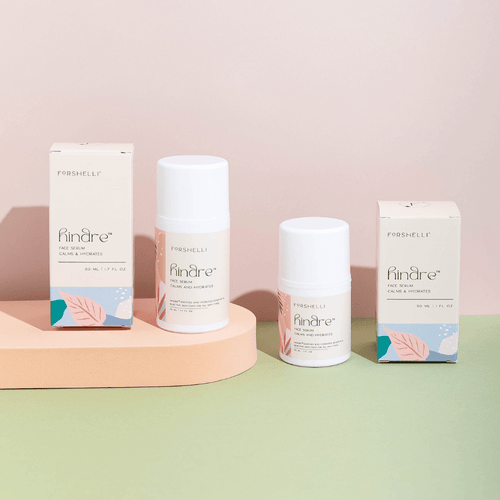
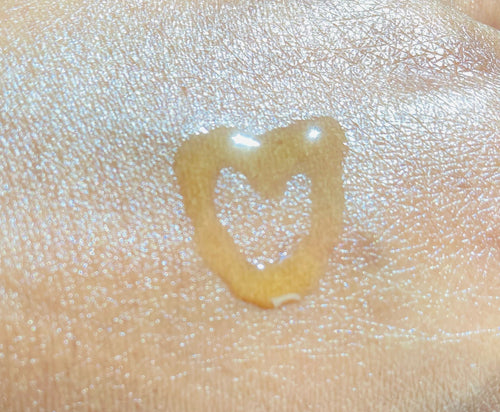

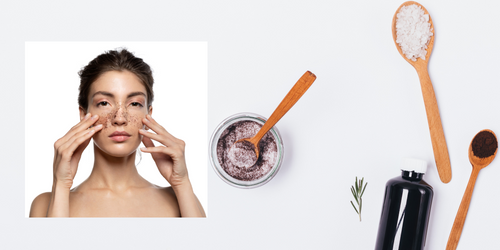
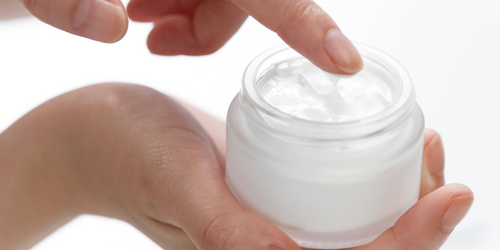

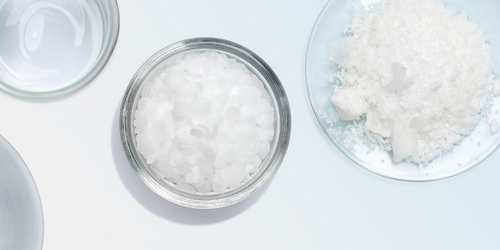

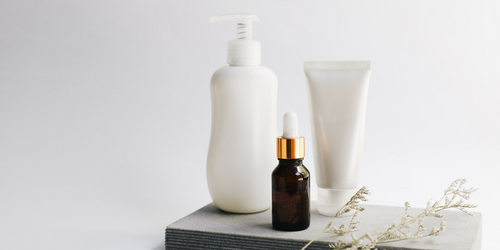
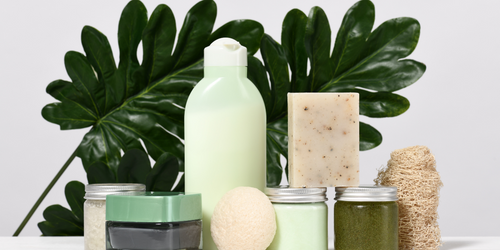
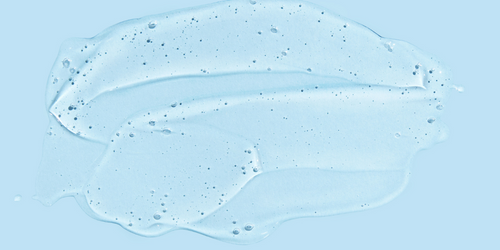
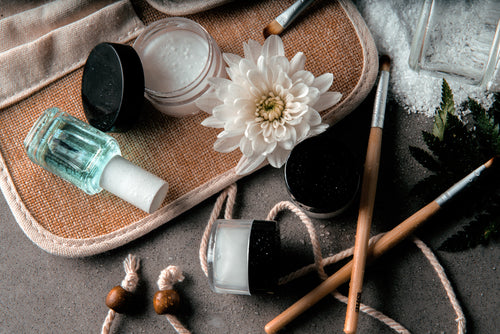



Leave a comment: